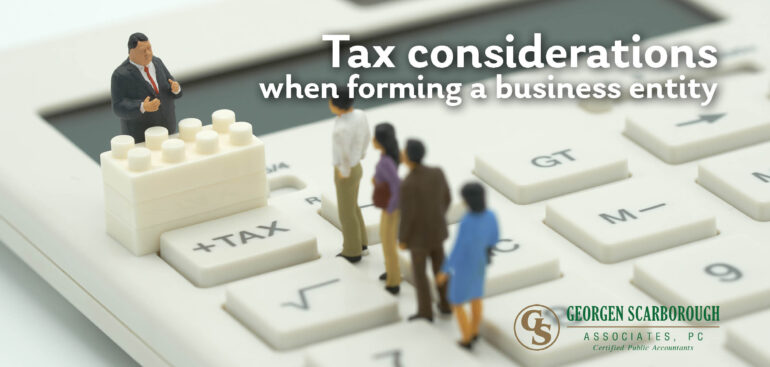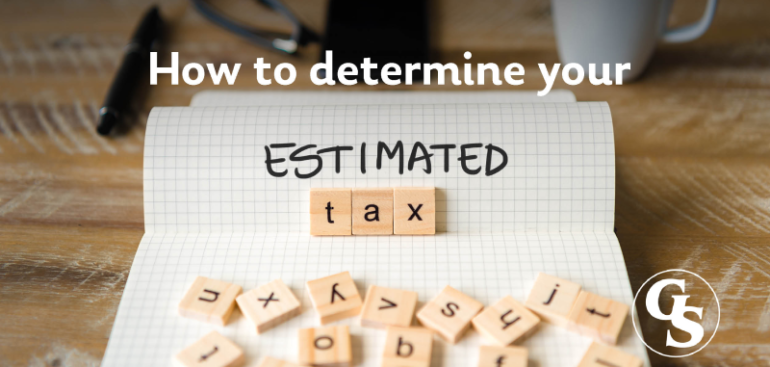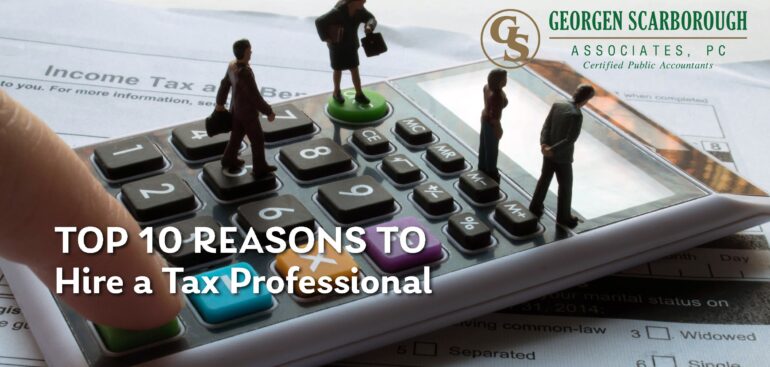Tax preparations can be complicated. The type of tax you pay will depend on the type of business entity you have. If you need to know whether you are on the right track or if you plan on changing your business structure, this guide will help you out.
Tax Considerations According to a Business Entity
Regardless of whether you own a sole proprietorship or a limited liability company, you are going to need to pay tax, but will you have to file for tax as an individual or business entity? You might decide to change your business based on tax implications, or your financial status. Before you decide, here are some tax considerations for each business type.
- Sole proprietorship
A sole proprietorship owned-business is probably the least complicated when it comes to filing taxes. According to the IRS, you would not be taxed as a business entity but rather as a business owner. What this means is your business assets and liabilities belong to you and you will have to pay individual taxes on these.
- General partnership
A partnership operates similarly to a sole proprietorship. It is also not taxable as a business entity. All the owners will legally have the responsibility to pay tax on their terms. Income tax is paid according to the partner’s tax rates and not a partnership income tax.
- Limited liability company
Limited liability companies (LLCs) are treated as partnerships, unless it elects to be treated as a corporation. LLCs’ tax considerations work according to the personal tax returns of the owners. All income and loss and tax due are paid by individuals.
- C corporations
Corporations can be complicated and costly in comparison with LLCs and partnerships. A regular corporation or C corporation has to pay corporate income tax that is taxed at the corporate level. They are also subject to potential double taxation. Double taxation occurs on taxable dividends, i.e., the profits of the business that are distributed to owners. What this implies is that the Corporation will have to pay tax on its profits and the individual shareholders will pay tax on the dividends they receive. Let’s not forget that you also need to pay taxes if you receive a salary from the Corporation.
- S corporation
S corporations are a little less complicated as the IRS treats them as a pass-through entity for tax purposes. Shareholders will pay tax on the income of the business as individuals.
Tax preparation can be overwhelming for any business entity but at Georgen Scarborough, we handle all your tax considerations, financial statements, and audits. From your estate and trust tax preparation to LLC tax preparation, we can ensure that your business’s taxes and accounting are taken care of.
For professional tax preparation, you can trust, give our team of experts a call today!










